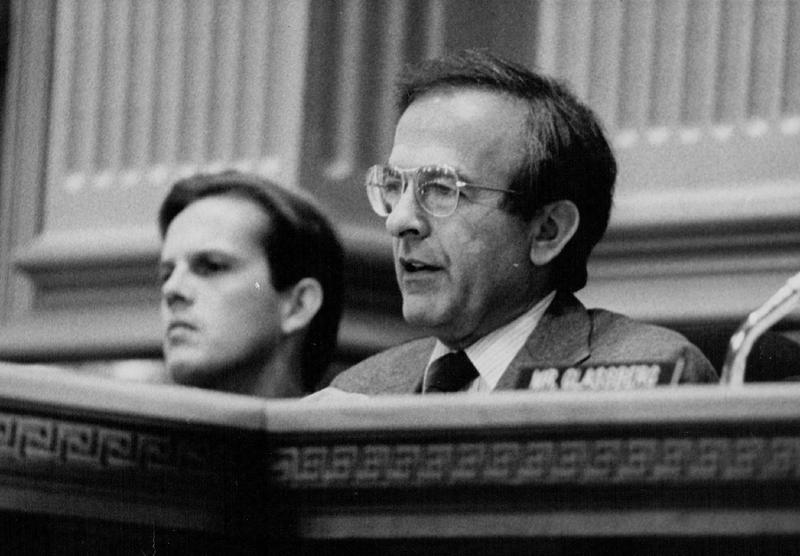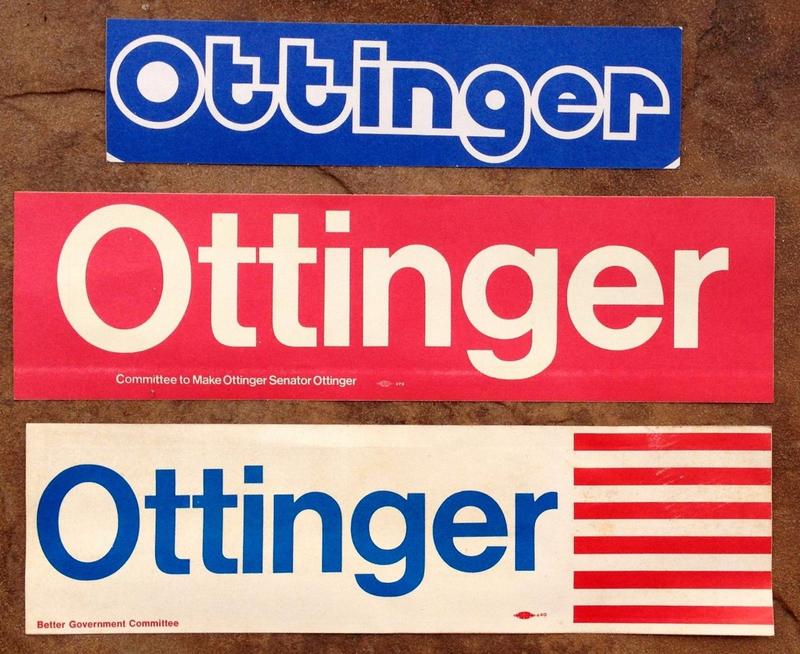
Douglas and George invited Ottinger to their studio for a discussion that centered on economics.
The Interview
Ottinger trained at Harvard for international and corporate law, and his father had created an economic base by founding US Plywood.
It was the early sixties, and Ottinger understood the fiscal situation and proposed solutions on food, telephone, and the travel authorities. Essentially he saw a Hoover-style problem which required a TR "trust busting" solution and a reversion to CCC/WPA-type programs to address unemployment and inflation. The average HH in his district was collecting just $10-$12,000.
Ottinger's other big concern was the environment. As a law professor, and ultimately Dean and Dean Emeritus at PACE in Westchester, Ottinger put an an emphasis on his pragmatic plans.
Ottinger felt that low wages and high unemployment could be converged with a housing shortage with Leadership to titrate housing costs. His chief plans paired needs with pricing and availability, accompanied by strong leadership.
In the 1964 election, he was elected as a Democrat to the 89th United States Congressand was re-elected twice. After the 1964 run, Ottinger was criticized for using a loophole in election laws to spend $193,000 of his own money to get around a limit of $8,000 in the race. He set up multiple committees and gave money of all of them. Most prominently, Ottinger's mother, Louise, and sister, Patricia Heath, had set up 22 different committees that in turn donated $6,000 apiece to his campaign.[1]
In 1970, he gave up his House seat to run on the Democratic ticket for U.S. Senator from New York. In that race, Ottinger split the liberal vote with the Republican/Liberal candidate (and appointed incumbent) Charles Goodell, and both were defeated by the Conservativenominee, James L. Buckley.
In 1972, he sought to return to his old congressional seat, but lost in a hotly contested election to Rep. Peter A. Peyser (R). His comeback effort was successful in 1974, when he was elected to the House of Representatives from a different district. He was re-elected to the four succeeding Congresses, retiring in 1985

